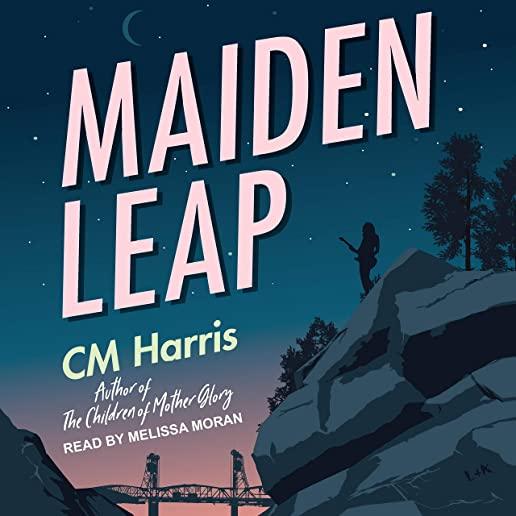
description
6Poetry. Art. Illustrated by C. Winn Mahoney. NOUS explores young love and the adulterants (bad parents, violence, alcohol, heroin, prison, maturation) that both heighten and inevitably truncate it. It also looks into divorce (from spouse, oneself, the world) and in doing so becomes a search beyond love's bounds and bonds for meaning.In NOUS, Joseph Harms introduces us to a language and a vision for which we've waited. Each poem is a spell, a charm. Wild with words, like Dylan Thomas, but as careful in craft as any great poet has ever been. This poet's work transcends, with music and image, our human existence. Harms is an alchemist, a soothsayer, a songwriter and a healer. NOUS is hypnotic, mystical. This is poetry written from its most mind-bending heights and supernaturally darkest depths. You've not read a book like this before.--Laura KasischkeJoseph Harms is one of those rare poets who is truly inventing his own language. His poems are thickly populated sonic events that manage to plumb existential depths in weirdly ordinary settings. Most of all, it's clear that this is a poet who loves--I mean loves--words. I've never read anything like Harms' work; each time I encounter it, I emerge with better questions, wilder memories, and a fiercer devotion to all that poetic language can do.--Franny ChoiSingularity--as George Oppen put it, 'If a poem is a poem it could only have been that poem'--is the special territory of the poem and the poet. The writer of a poem reorders a reader's relationship with time as if time never existed and that it could last forever. It is while we are in this territory, rare as it might be, that language itself becomes a kind of theatre and the reader becomes part of the creation of the scenes, the actual action of the drama--'heading to town to fuck shit up...// to call this sky a monster worth the worship'--so that there seems to be no distance at all between the obvious and the obscure. It is also worth noting how many poems in this book are launched poetically and yet dock prosaically in the language of our time. Such a poet may best be read aloud; for hearing the poems aloud the reader can't help but be immersed in language the way one is immersed, for instance, when hearing Old English--to be carried along by the language alone, hearing more clearly perhaps the interior and exterior monologues in each poem as they are speaking to one another. NOUS is a book that is sending a special invitation to the reader as both reader and listener--sometimes a book may be read in a way that conveys something close to pure information.--Brooks Roddan
member goods
No member items were found under this heading.
Return Policy
All sales are final
Shipping
No special shipping considerations available.
Shipping fees determined at checkout.







